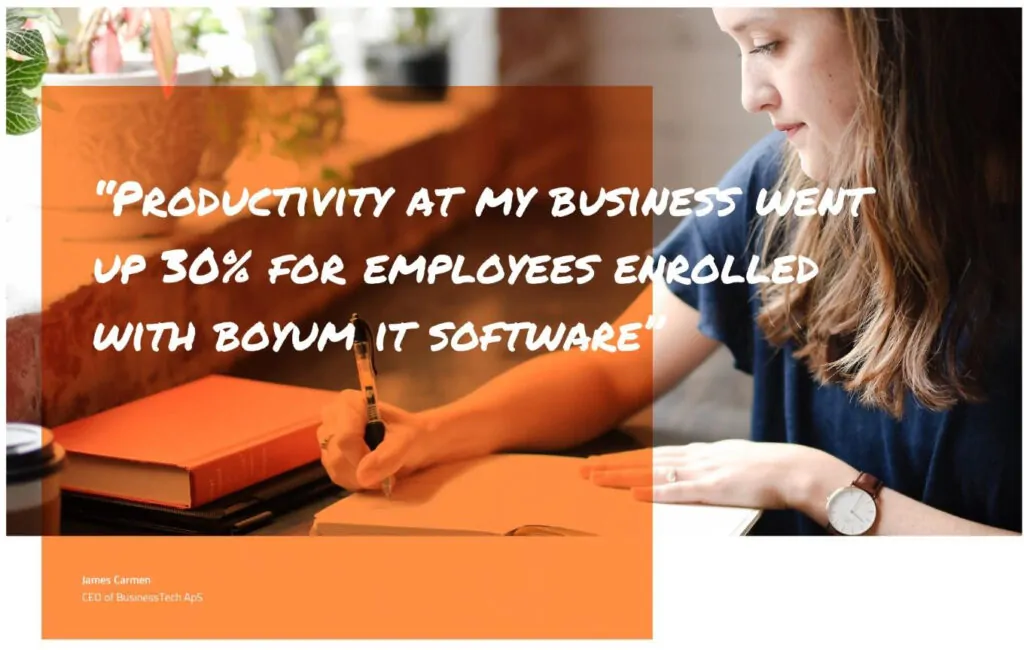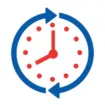There are more than a handful of cautionary tales on the internet when it comes to ERP implementation. The reality is that this type of software project is long, complicated, and expensive. But there are tens of thousands of companies successfully using ERP in this country, so clearly there is a way to implement a successful ERP project.
First and foremost, there is no such thing as a “flawless” implementation, and you should be skeptical of anyone who says otherwise. Projects this large are bound to encounter hiccups and speed bumps along the way. An occasional speed bump is manageable. Having to repeatedly climb Mt. Everest just to implement a new system isn’t. The goal of this blog is to help you turn those mountains into molehills
First Things First – Understanding Your Needs
This seems like an obvious step, but a lot of companies that experience a failed ERP implementation don’t really take the time to fully invest in this process. A CFO might suggest (insist) upon using software they were familiar with at an old job or the team heading up the project is a small group that doesn’t consult the end-users. This is extremely common and is a recipe for disastrous results.
A business process assessment not only provides a complete audit of your day to day operations, but it involves speaking with end-users to understand how they currently perform tasks and what their biggest challenges are. Without understanding these issues top to bottom, software selection becomes a glorified game of Pin the Tail on the Donkey. You might get lucky. You might get close. But really you’re just flying blind.
Software Selection
If you’ve done your business process, this step becomes a lot easier. Understanding what you want the software to do will help you quickly eliminate systems that don’t meet your needs. As you narrow your search, however, there are a few things you need to remember. It is extremely rare to find a system that is going to meet every single one of your needs right out of the box. Software customizations are a near certainty to get a new system to meet your needs 100%. That said, prioritize your needs and try to find a software that closely matches your most important requirements without the need for customization. If your software partner is suggesting heavy customization to every single module then you’ve picked the wrong software.
Budget for Implementation and Training
A general rule of thumb for most ERP projects is to multiply the cost of the software by 1.5 and budget for implementation and training costs. Thankfully, but this time, you’ve done your business process assessment and know which pieces are the most important. You’ve also talked to end-users and know who needs to be trained on what. The importance of this can’t be understated. Another reason why so many ERP projects go over budget and off schedule is a lack of foresight in this area. Focus on your highest priorities and implement those first. Specialized training can also help you not only keep the project on time but also keep end-users engaged in training by focusing on individualized software training.
The Work Never Stops
Change management is also a critical element. You can call this the “post-sell”. Continued training for end-users will help with user buy-in and will help to prevent employee workarounds. If employees aren’t using the software in the way you intended it to be used then all of the time and money you’ve invested in the project goes to waste. The importance of ongoing training becomes more apparent as you experience employee turnover. If processes aren’t followed exactly how they were intended, then they will only continue to degrade as new employees are onboarded.
Whether you are looking to implement your first ERP system or looking to upgrade an old legacy system, understanding the entire implementation process can be the difference between success and failure. For more information about the Business Process Assessment, you can call The Attivo Group at 877-428-8486.





















